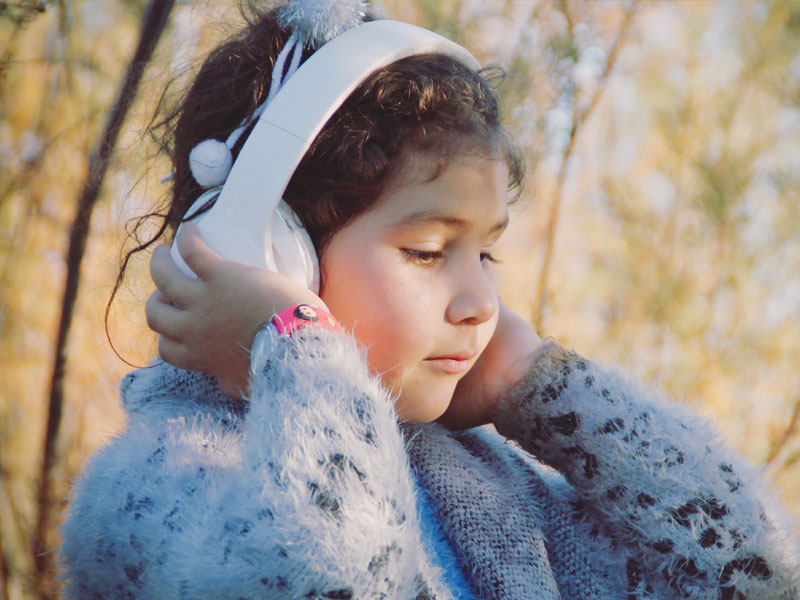Last Updated on 8th March 2024
Read the script below
Natalie: Welcome back to Safeguarding Soundbites, your weekly round-up of the latest safeguarding news. Today I’m joined by Tyla.
Tyla: Hello Natalie, and hello everyone!
Yesterday marked World Book Day, a fantastic opportunity to celebrate the joy of reading and encourage a love of books in children. We hope everyone had a fun and inspiring day exploring the world of literature!
However, for some families, the cost and accessibility of costumes associated with World Book Day can be a concern. Thankfully, many UK schools took steps to ensure the day was inclusive and accessible to everyone. We loved hearing about schools letting children wear pyjamas to represent bedtime stories and suggesting simple, creative costume ideas.
The day should be open to everyone and shouldn’t create a financial burden for families. Some schools even provided free books for those who want to read to their children, which is a fantastic initiative.
Additionally, to celebrate World Book Day, check out INEQE’s newly released book: The Friend Ship, a children’s book designed to help parents, carers, and safeguarding professionals plant seeds of safety in young minds. Join Jack, Maddie and Freddie on a journey through app age restrictions and friend requests as they decide who to let onboard and when to call the Mothership for guidance. Exclusively available on your Safer Schools App now, or you can register your interest to buy a physical copy of the book on our website.
There are also some fantastic resources on our Teach Hub for educators looking for a meaningful and engaging online safety lesson.
Natalie: Thanks, Tyla. Now, for the news. The NSPCC has revealed a troubling rise in child sexual abuse image crimes across the UK. The number has reached over 33,000, which is a 25% increase compared to the previous year.
The report highlights the concerning role of social media platforms in these crimes. Almost half, 44%, occur on Snapchat, while Meta-owned platforms like Facebook, Instagram, and WhatsApp account for another 26%.
This news underscores the urgent need for stronger action from platforms and regulators. The NSPCC is calling for Ofcom, the UK’s communications regulator, to take a more ambitious approach and ensure companies prioritise child safety.
A consultation into Ofcom’s first code of practice for tackling child sexual abuse online recently concluded. We can only hope that effective measures are implemented swiftly to address this critical issue.
Tyla: Adding to these concerns, a separate report reveals that Snapchat was flagged in nearly half of child sexual abuse imagery crimes reported to the police in the past seven years.
The Online Safety Act aims to hold social media companies more accountable for tackling child abuse content. However, concerns remain about potential delays in its enforcement, which could mean it takes years before the measures are implemented and have real impact.
Natalie: Given these worrying trends, it’s crucial to stay informed and take proactive steps to safeguard children online.
Tyla: Absolutely. Let’s take a short break before we move on to our next topic.
[Advert]
Tyla: Welcome back everyone. According to a recent report, a shocking number of children in Northern Ireland are waiting for mental health support. Over 2,000 children and young people, including a child as young as two years old, are currently on Child and Adolescent Mental Health Services waiting lists.
This alarming statistic is further compounded by reports of doubled absenteeism rates in schools. These figures paint a concerning picture of the strain on children’s mental wellbeing and the lack of adequate resources available to support them.
The MLA who raised this issue described the situation as “absolutely shameful.”
Natalie: Shocking, Tyla. It’s crucial that this critical issue receives the attention and resources it deserves.
Switching gears to social media, let’s discuss a new feature on Instagram that allows users to edit their direct messages for up to 15 minutes after sending them. While this might seem like a convenient feature, it’s important to be aware of the potential risks.
Inappropriate messages could still be screenshotted before being edited, and the permanence of online communication should never be underestimated. It’s essential to have open and honest conversations with children and young people about online safety and the importance of thinking before they post or send anything online.
Tyla: On a more positive note, Instagram is also adding new safety features to help users be more aware of online scams. These features include warnings about suspicious accounts and alerts when receiving mentions from unknown users.
While these features are a helpful step, it’s important to remember that most people don’t update their settings regularly. While it’s encouraging to see these efforts, open communication and parental involvement are crucial in keeping children safer online.
Natalie: And as always, we encourage you to visit our website, ineqe.com, for further resources and support for safeguarding children and young people online. Until next time…
Both: Stay safe!
Join our Safeguarding Hub Newsletter Network
Members of our network receive weekly updates on the trends, risks and threats to children and young people online.
Who are your Trusted Adults?
The Trusted Adult video explains who young people might speak to and includes examples of trusted adults, charities and organisations.
Pause, Think and Plan
Use our video for guidance and advice around constructing conversations about the online world with the children in your care.









